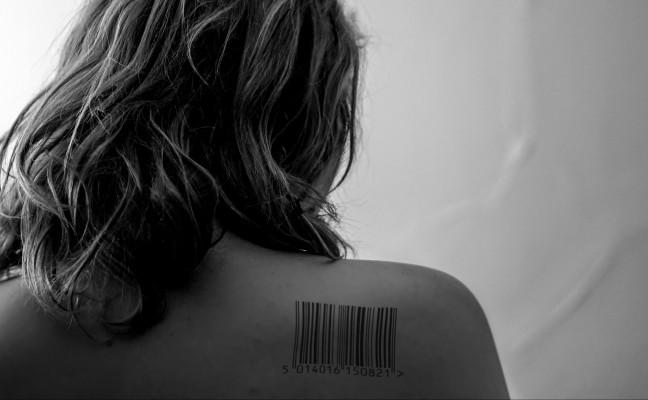The Wisconsin Supreme Court is wrestling with the extent to which human trafficking victims are protected under state statute.
The Wisconsin Supreme Court is deciding whether Chrystul Kizer should be protected under this statute for shooting her captor Randall Volar. Though seventeen at the time, Kizer now faces charges including arson, theft and first-degree intentional homicide in addition to be tried as an adult in Wisconsin court.
Kizer shot Volar in his Kenosha home in 2018. Following the murder, Kizer burned his house and stole his car.
UW Law School Clinical Associate Professor John Gross said the Supreme Court’s debate is centered on the statute’s language.
According to Wisconsin State Legislature 939.46 (1m), a victim “has an affirmative defense for any offense committed as a direct result of the violation,” ultimately implying that a victim’s actions are defended if they are in response to violence and a form of self-defense.
The statute is relatively new and was written in a broad way in order to grant victims of human trafficking any defense, Gross said.
Wisconsin State Legislature passes bills affecting UW System investments, curriculum on race
Though Kizer has a right to use this statute in her defense, the primary point of contention is whether her actions were a direct result of the violation, Gross said.
“The arguments that they [the prosecutors] are making are that there is a different interpretation about the statute itself and whether or not it gives her an actual defense,” Gross said.
The prosecution is arguing that the phrase should be read narrowly — that victims only have this defense if somebody was committing an act that amounted to human trafficking against someone and the act of self defense occurred in that moment.
On the other hand, the defense is arguing the phrase should be left for the jury to interpret, Gross said.
In this case, it’s difficult for the jury because they must decide whether a pattern of human trafficking can directly result in the crimes charged.
“How tied to the abuse does the commission of the offense have to be in terms of time or proximity,” Gross said. “It gets complicated because people who are victims of human trafficking are in this cycle of abuse.”
7 US Senate Democratic candidates attend UW College Dems, WUD SoPo forum
Gross said this is the first time the courts have encountered a situation of this sort.
Like Wisconsin, other states have enacted laws to give more protection to victims of human trafficking who try to resist being trafficked, Gross said.
“This is a debate about this statute,” Gross said. “But more broadly, it’s a debate about how easily victims of human trafficking will be able to invoke self defense.”
Editor’s note: If you, or someone you know, may be experiencing human trafficking, please call 1-888-373-7888. You can also visit the National Human Trafficking Resource Center. For services in Dane County, you can contact Project Respect at (608) 283-6435 or [email protected]. UNIDOS Wisconsin offers bilingual services for Spanish-speaking people through their free and confidential helpline 1-800-510-9195.














